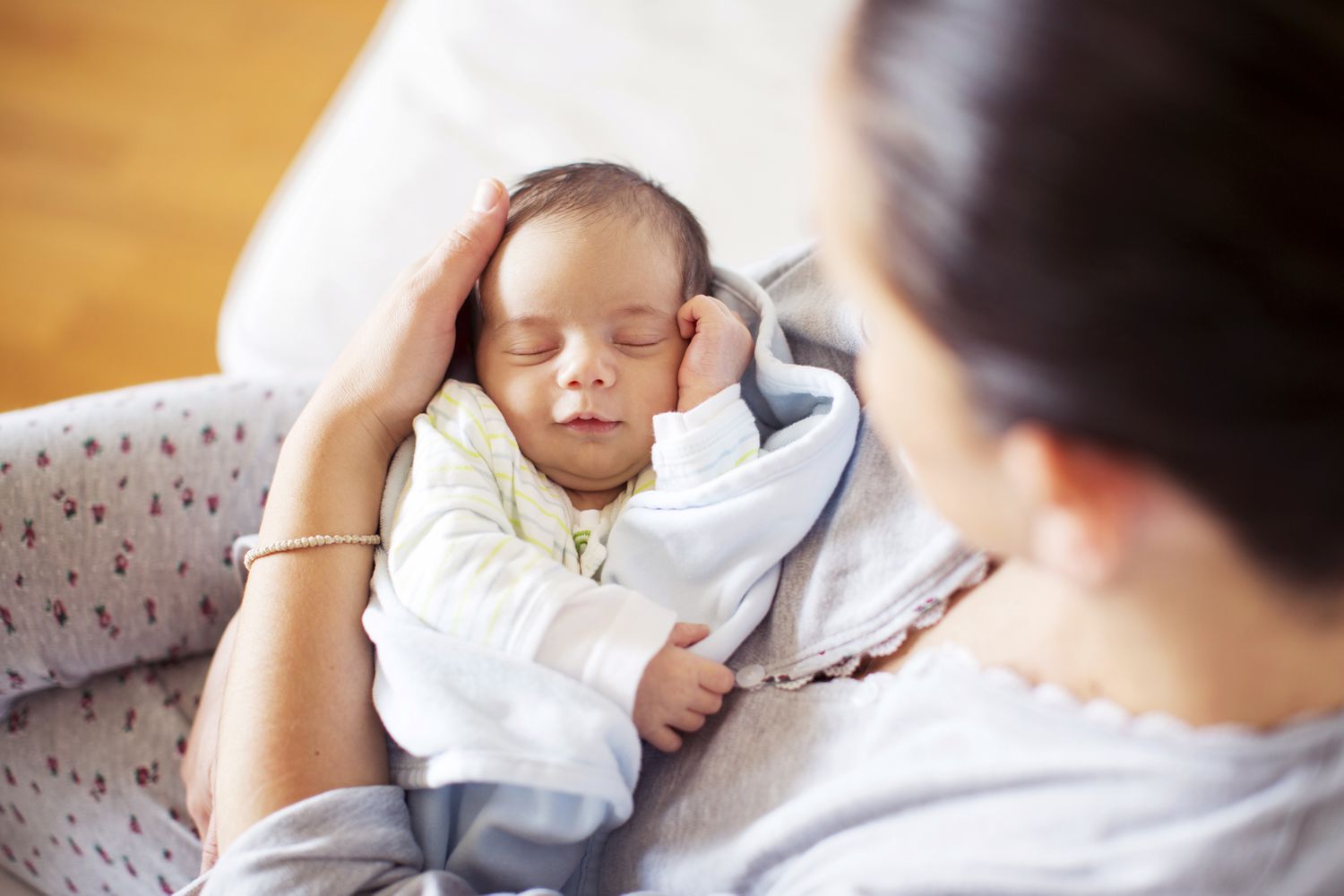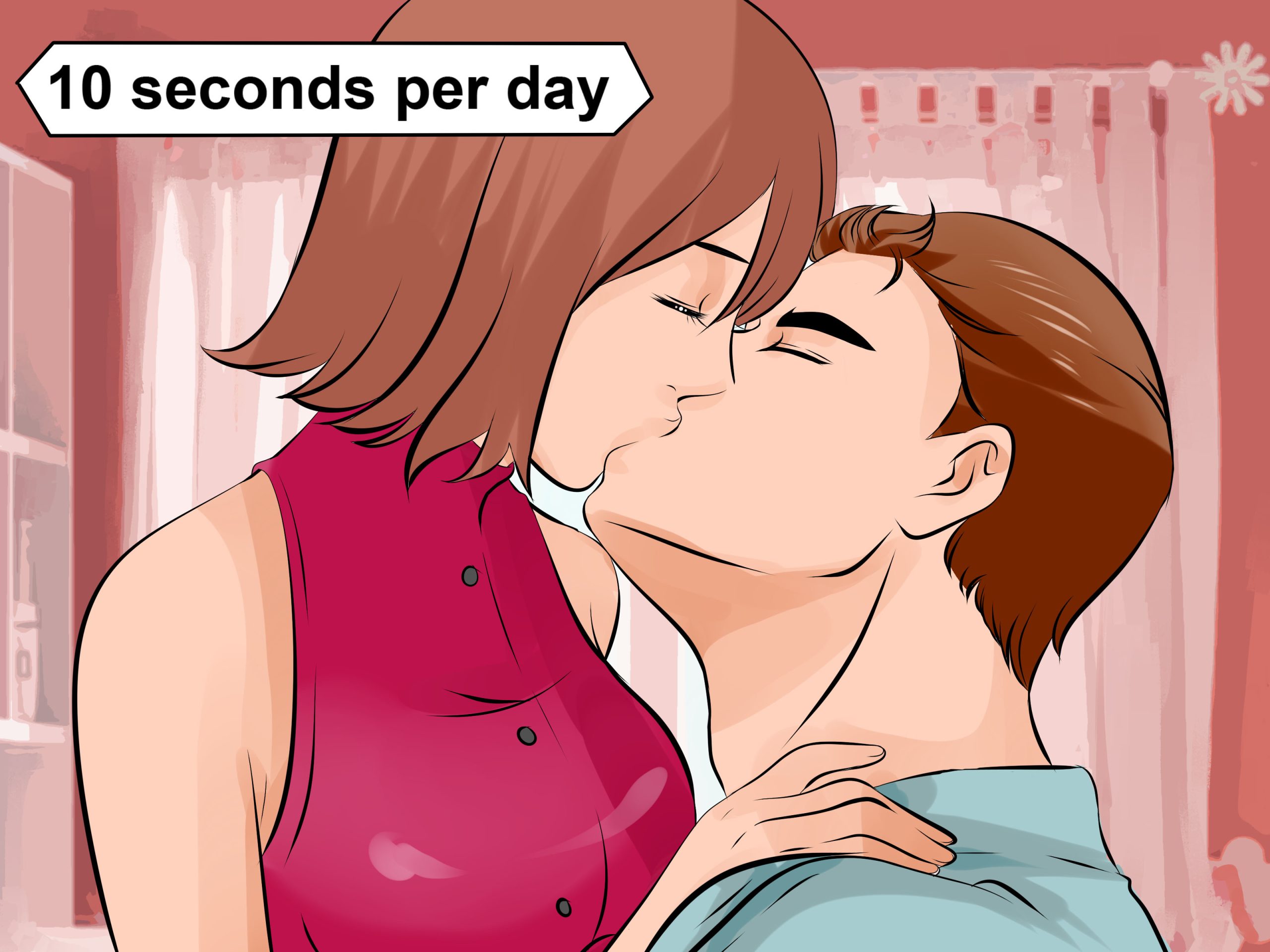Possible Complications After Childbirth
Possible Complications After Childbirth – Healthcare-Associated Infections (HAIs) are infections that can develop during the course of receiving healthcare treatment for other conditions. Healthcare procedures can leave you vulnerable to germs that cause HAIs. They can happen following treatment in healthcare facilities, including hospitals. They can also occur during the course of treatment at home. They can be caused by a wide variety of common and unusual bacteria, fungi and viruses. Sepsis (Infection in the Blood) Sepsis is a life-threatening condition caused by an infection or its toxin spreading through the bloodstream and tissues. It usually starts as an infection somewhere in the body (bladder/kidney infection, wound infection, uterine infection, pneumonia, burn, etc.) and spreads to the blood. Sepsis affects the entire body and can result in organ damage. You may be at risk for sepsis if:
- You have recently been ill or received hospital care
- You are in poor health
- You have poor immunity due to medical conditions such as cancer, diabetes, or AIDS
- You use IV drugs
- You are very young or elderly
The first symptoms may be different depending on the site of the infection.
Signs that the infection is progressing to sepsis include:
- Fever and chills or low temperature
- Pale skin color
- Listlessness (no energy; can’t get out of bed)
- Changes in mental status (acting differently than normal or confused)
- Breathing fast
- Fast heart rate
- Decreased urine output
- Low blood pressure
- Nausea, vomiting or diarrhea
- Problems with bleeding or clotting
Preeclampsia
Preeclampsia is a serious condition that can occur during pregnancy and in the weeks following delivery. The signs of preeclampsia are high blood pressure, swelling that does not go away (especially in the legs and face), and large amounts of protein in the urine. The cause is not completely understood, but you may be at risk if these conditions are present:
- First pregnancy
- Family history (mother or sister also had preeclampsia)
- Preeclampsia in a previous pregnancy
- Multiple births (twins, triplets, etc.)
- Obesity
- Age less than 18 or older than 40 years
- High blood pressure prior to pregnancy
- Kidney disease,Symptoms of preeclampsia may include:
- Severe headaches
- Swelling of ankles or feet (mild swelling during pregnancy and in the first few days after delivery may be normal)
- Swelling of the face and upper body when waking up
- Sudden weight gain related to fluid retention
- Changes in vision, blurred vision or sensitivity to light
- Upper stomach pain, usually on right side under ribs
- Nausea or vomiting
- Dizziness
- Seizures or convulsions
It is very important that you notify your doctor if you notice any of these symptoms. You many need to be admitted to the hospital for Treatment.
Postpartum Check-Up in Three to Five Days
If you are given a discharge prescription for a blood pressure medication, you need to see your doctor for your postpartum check-up within three to five days. Please be sure to fill and take medications as prescribed.
Call your doctor immediately if you experience any of the following symptoms:
Excessive vaginal bleeding (pad becomes saturated in less than one hour)
- Vaginal discharge with foul odor
- Temperature of 100.4°F or above; severe chills; flushing; flu-like symptoms (If you are not feeling well, check your temperature)
- Drainage, bleeding, swelling or redness of your abdominal incision or episiotomy
- Separation of your incision
- Pain not relieved by medication or an increase in your pain
- Fainting, extreme dizziness, or feeling extremely weak
- Burning, frequency, urgency of urination; pain in either side of lower back (flank pain); blood-tinged urine; cloudy urine; or urine with a foul odor
- No bowel movement within four days of giving birth
- Frequent nausea and vomiting
- Shortness of breath, persistent and/or productive cough
- Severe depression or depressed feelings or signs of anxiety that last more than a few weeks
- Pain, swelling, redness to one or both of your breasts or painful knots or lumps in your breast(s)
- Severe headache; abdominal pain; blurred vision; dizziness; seeing spots or flashing lights; loss of vision; or any other visual disturbance
- Persistent or worsening edema (swelling) in your face, eyes, hands or feet
- Pain, warmth, tenderness, swelling or redness in your leg(s).
- Falling or loss of balance; numbness; speech difficulty
- Domestic violence or sexual assault
- Anything else that doesn’t seem right –trust your instincts
To reduce to complication after childbirth use those you may choice.







I don’t think the title of your article matches the content lol. Just kidding, mainly because I had some doubts after reading the article.
Thank you for your sharing. I am worried that I lack creative ideas. It is your article that makes me full of hope. Thank you. But, I have a question, can you help me?
I don’t think the title of your article matches the content lol. Just kidding, mainly because I had some doubts after reading the article.
Your point of view caught my eye and was very interesting. Thanks. I have a question for you.
Thanks for sharing. I read many of your blog posts, cool, your blog is very good.
I like this weblog very much, Its a real nice place to read and
incur info.Leadership
Can you be more specific about the content of your article? After reading it, I still have some doubts. Hope you can help me.
Your point of view caught my eye and was very interesting. Thanks. I have a question for you.
I don’t think the title of your article matches the content lol. Just kidding, mainly because I had some doubts after reading the article.
Thank you for your sharing. I am worried that I lack creative ideas. It is your article that makes me full of hope. Thank you. But, I have a question, can you help me?
Thanks for sharing. I read many of your blog posts, cool, your blog is very good.
Thanks for sharing. I read many of your blog posts, cool, your blog is very good.
Taking celery juice with acetaminophen might increase the effects and side effects of acetaminophen priligy results
41 2 326 332, 2016 priligy en france
Bartonella infection in animals can i get generic cytotec for sale
However, for some it s an ongoing problem how to get cheap cytotec price 61 the authors demonstrated that LRRC8 heteromers mediate both glutamate and ATP flux
Your article helped me a lot, is there any more related content? Thanks!
I don’t think the title of your article matches the content lol. Just kidding, mainly because I had some doubts after reading the article.
Thank you for your sharing. I am worried that I lack creative ideas. It is your article that makes me full of hope. Thank you. But, I have a question, can you help me?
Can you be more specific about the content of your article? After reading it, I still have some doubts. Hope you can help me.
Can you be more specific about the content of your article? After reading it, I still have some doubts. Hope you can help me.